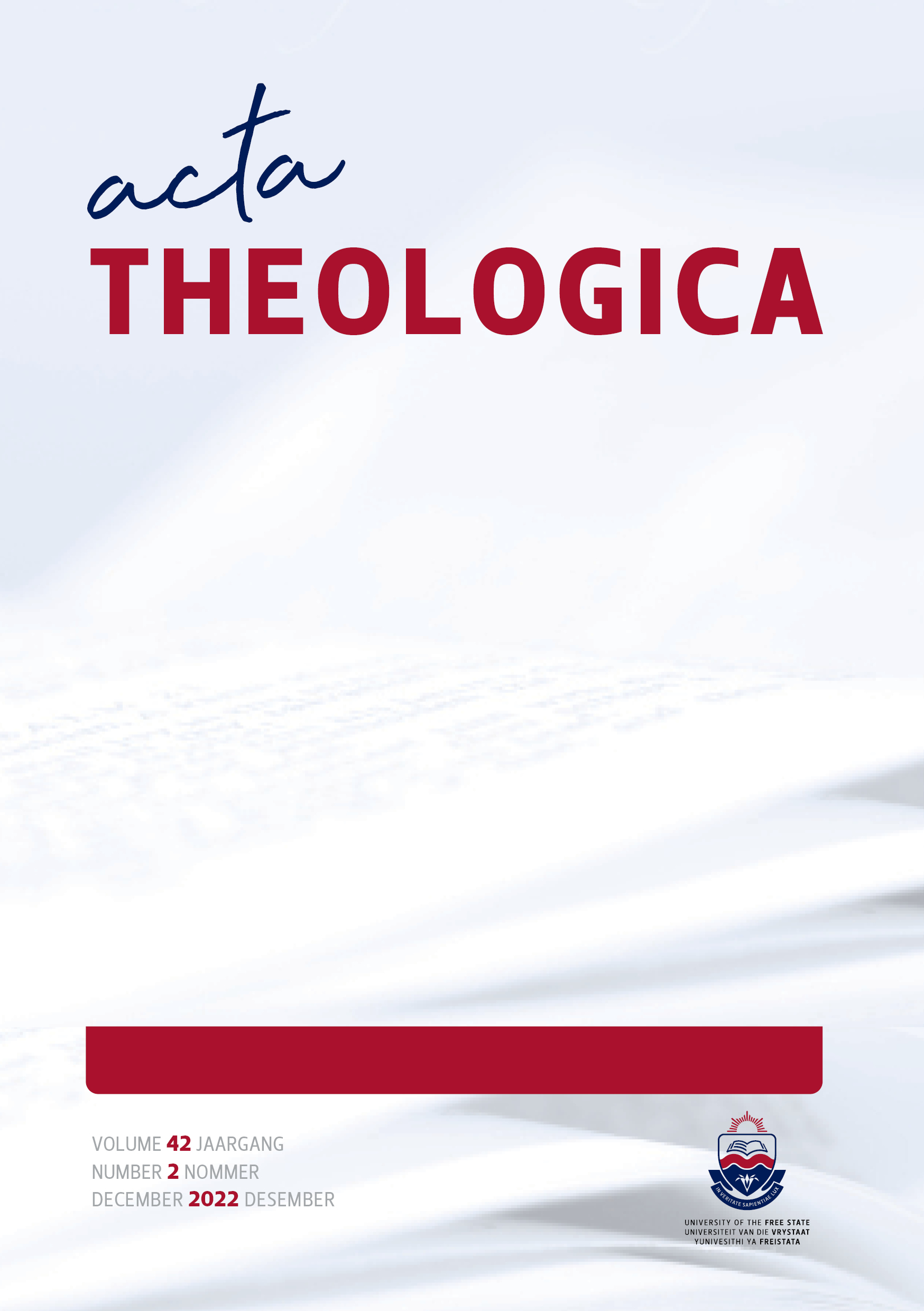The Lutheran “convivial economy” as a Christian economic heterodoxy: significance, components, and proposals to the current socio-economic order
DOI:
https://doi.org/10.38140/at.v42i2.6959Keywords:
Convivial economy, Economic heterodoxy, Vocation, LutheranAbstract
Representatives of the economic heterodoxy only occasionally mention proposals of churches and religious organisations concerning the socio-economic order. Yet, churches and their doctrines are abundant sources of reflection on social and economic matters. Theologians employ their religious knowledge and pastoral experiences in developing theological conceptions of the socio-economic models. Usually, they are rather critical towards global neoliberal capitalism when pointing out its disastrous consequences for entire societies and cultures. An example is the “convivial economy”, a concept developed within the Lutheran World Federation for the past eight years. Lutheran theologians use the term “economy” in a broader sense, enlarging the space of their reflection on culture, society, and environment. An essential part of this approach is migration, which is regarded as an inherent part of contemporary social reality and understood as both a challenge and an opportunity for society. The article outlines the meaning and dimensions of the convivial economy, including the
topic of migration. It employs the narration of economic heterodoxy/orthodoxy to highlight a dominant Christian position towards the prevailing economic order.
Downloads
##submission.downloads##
Published
How to Cite
Issue
Section
License
Copyright (c) 2022 Author

This work is licensed under a Creative Commons Attribution 4.0 International License.








